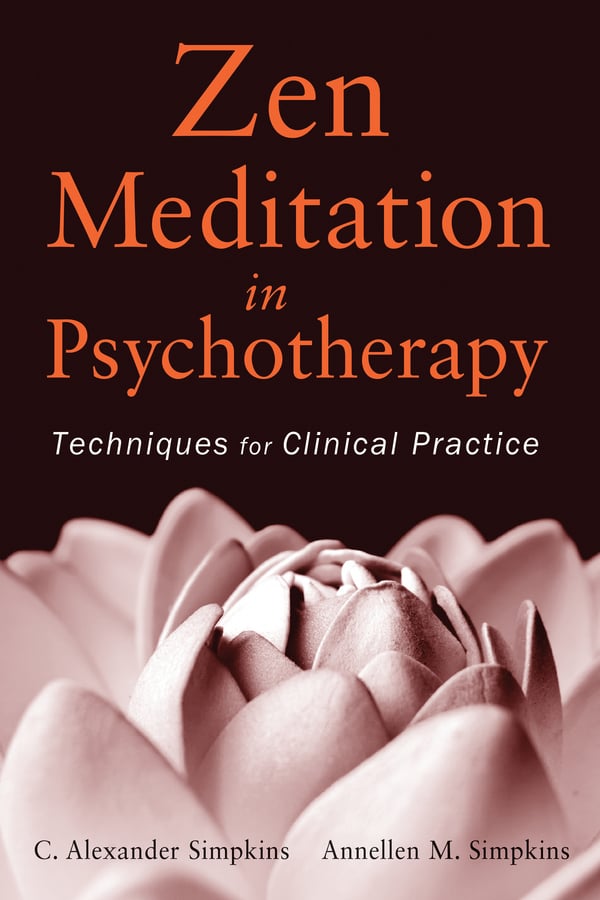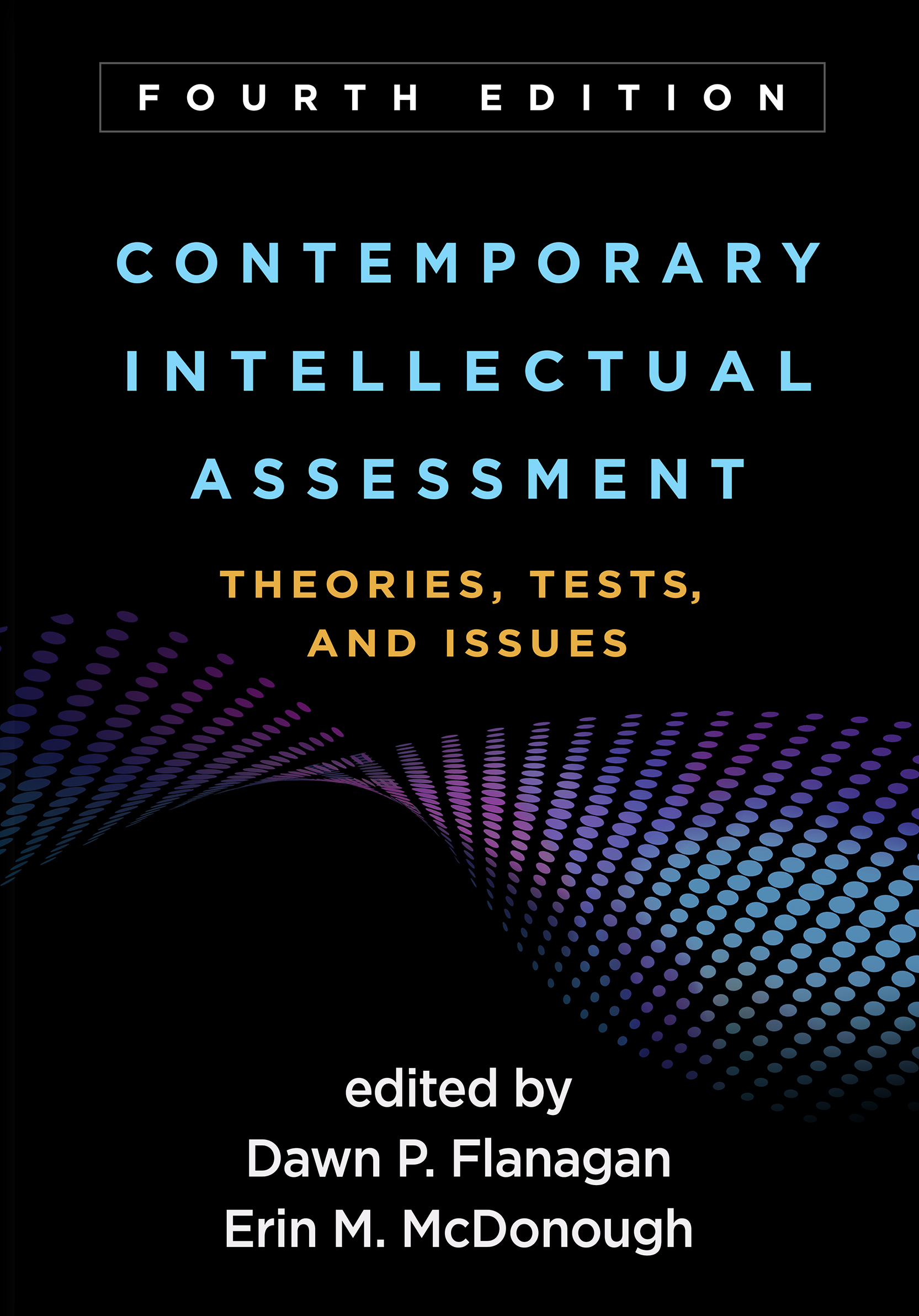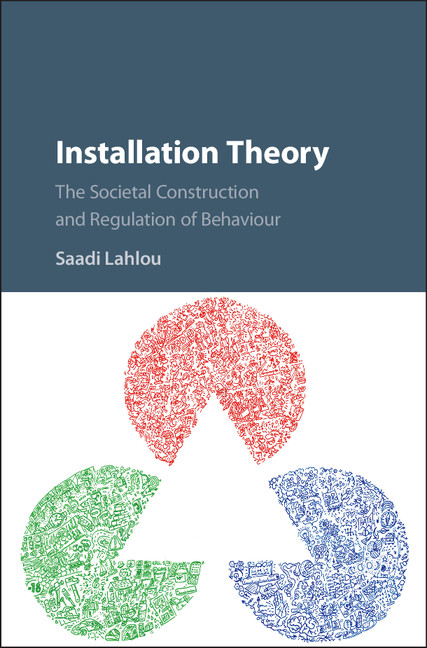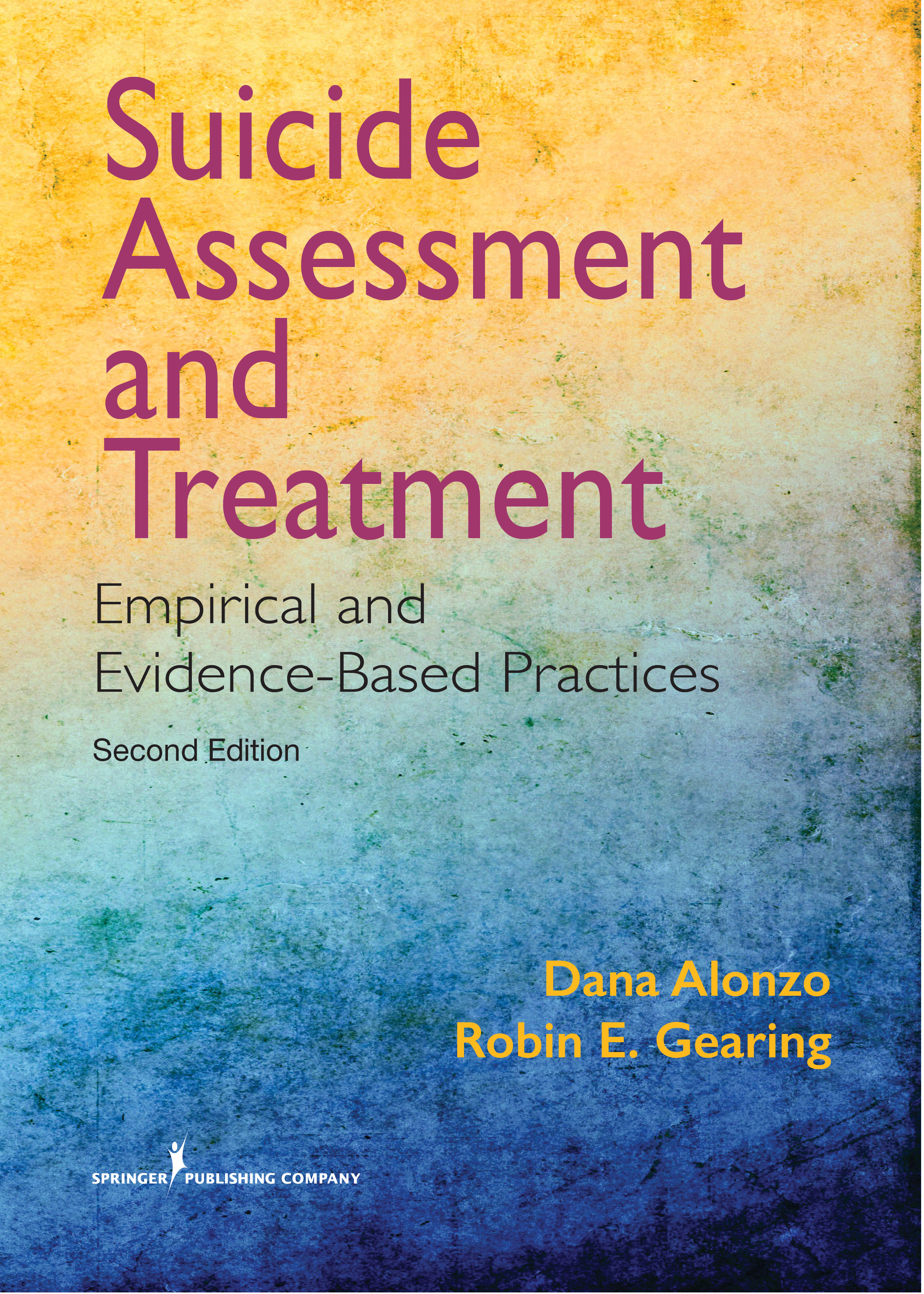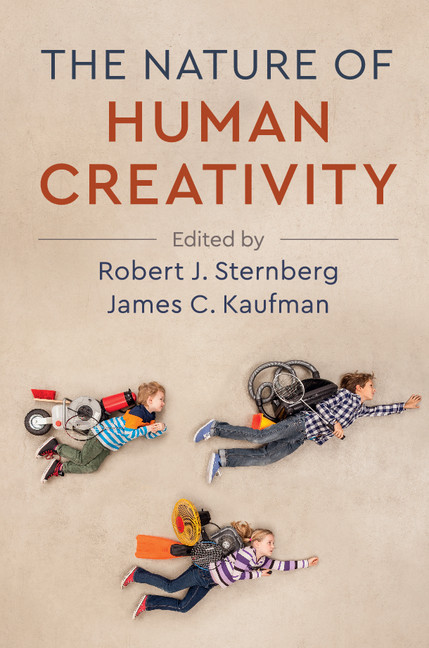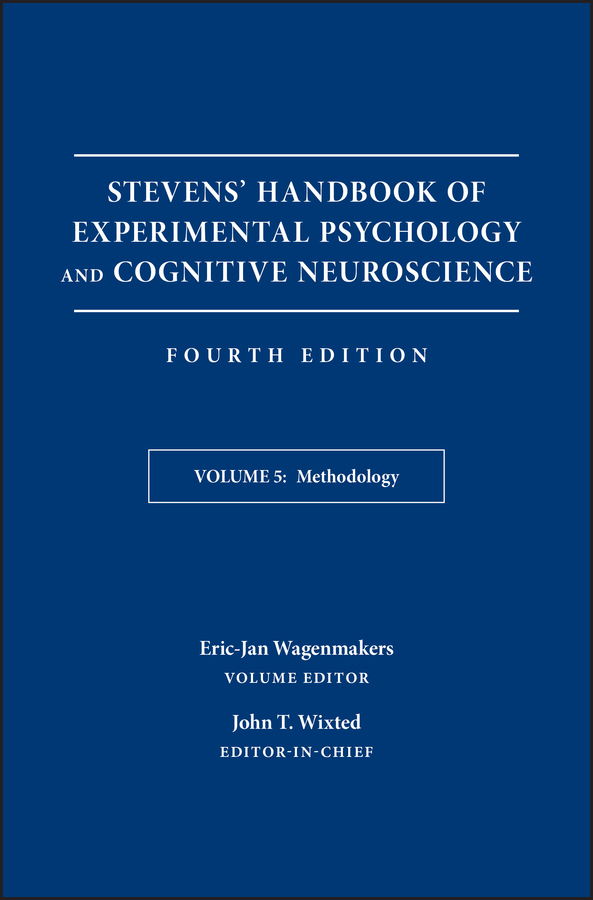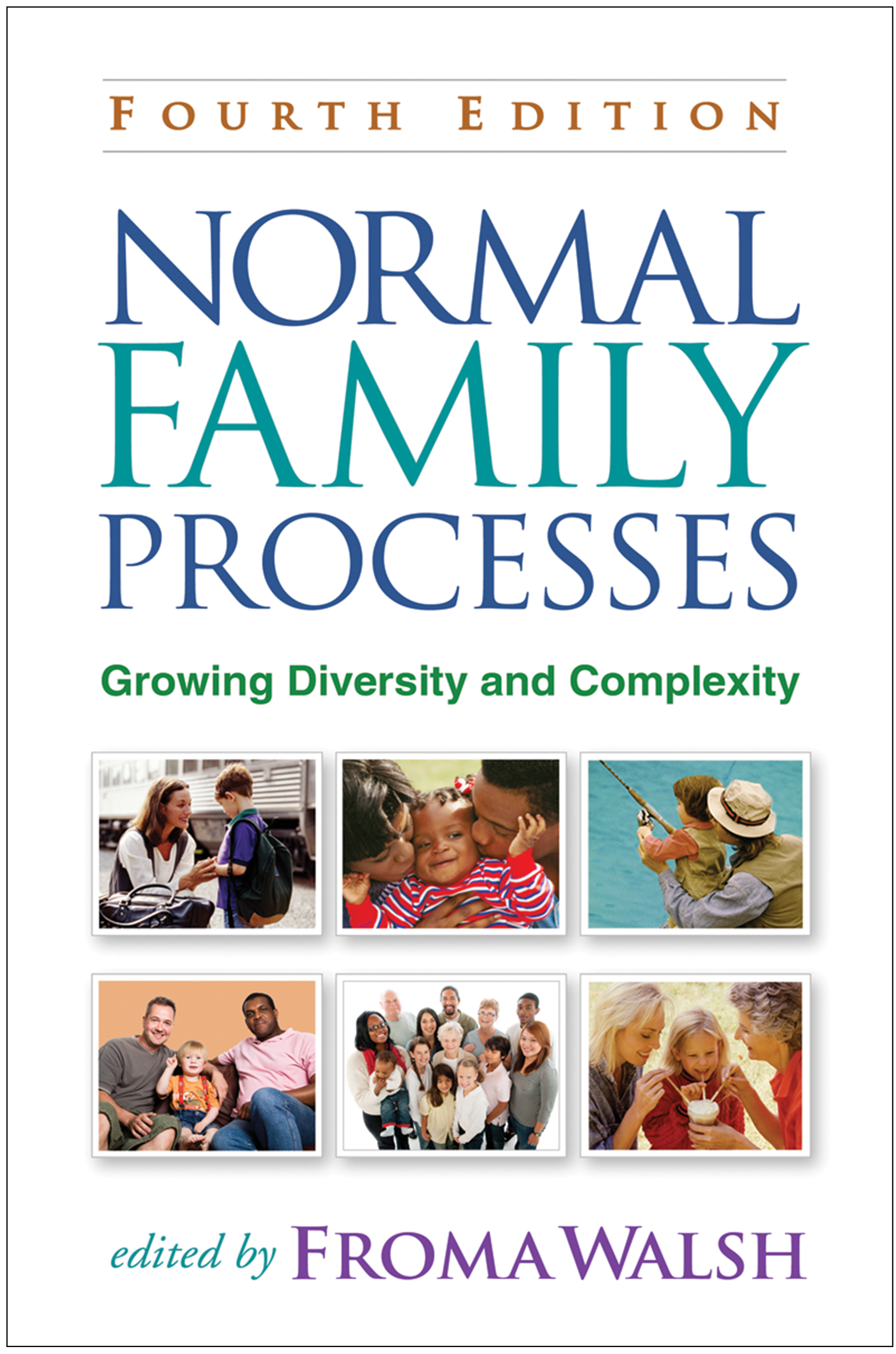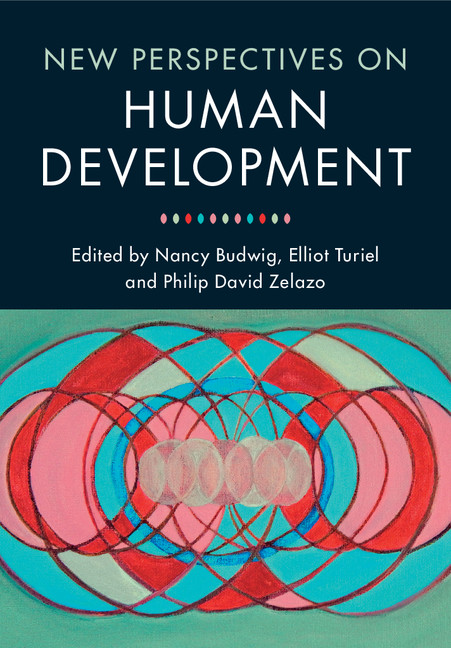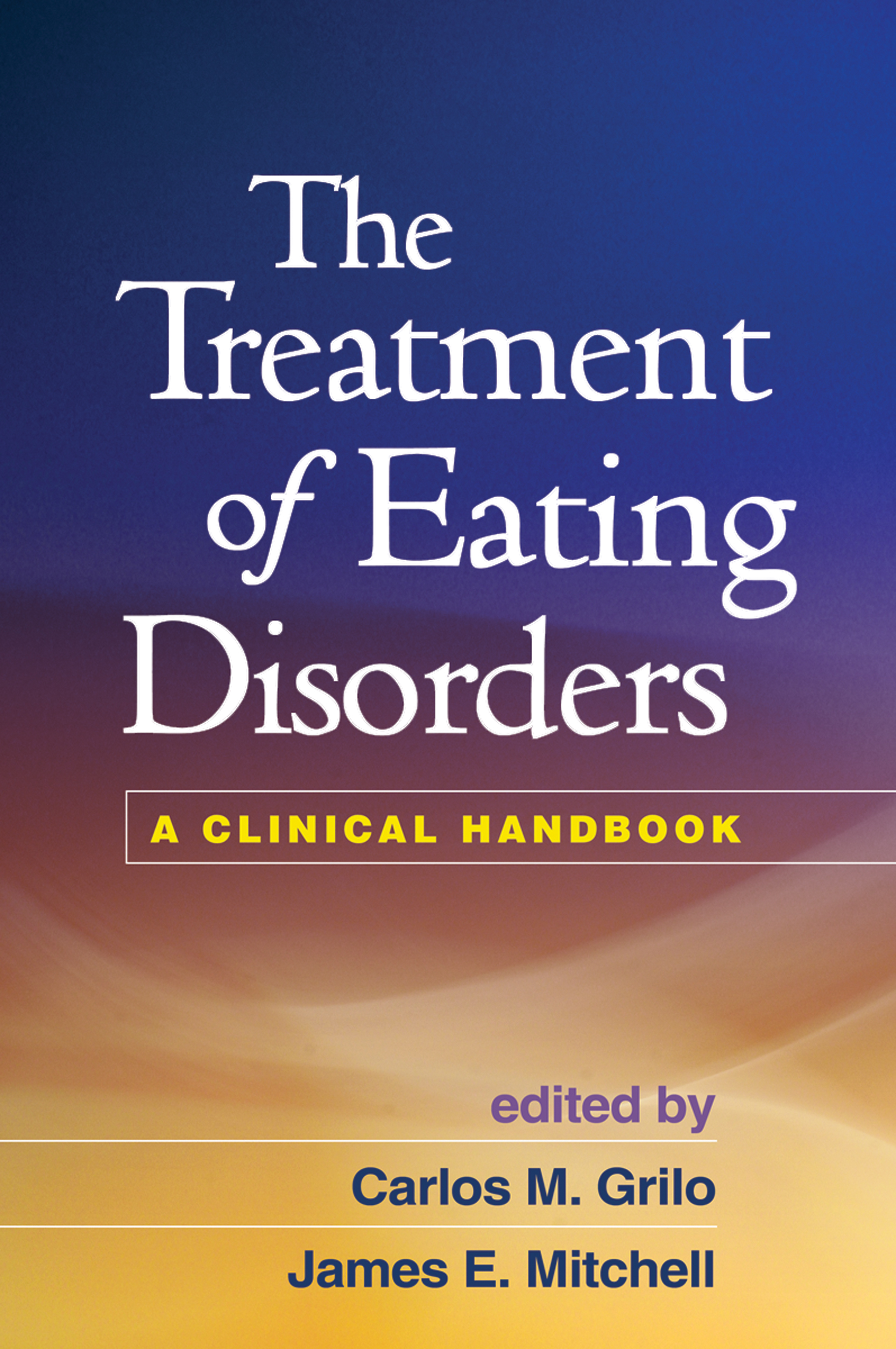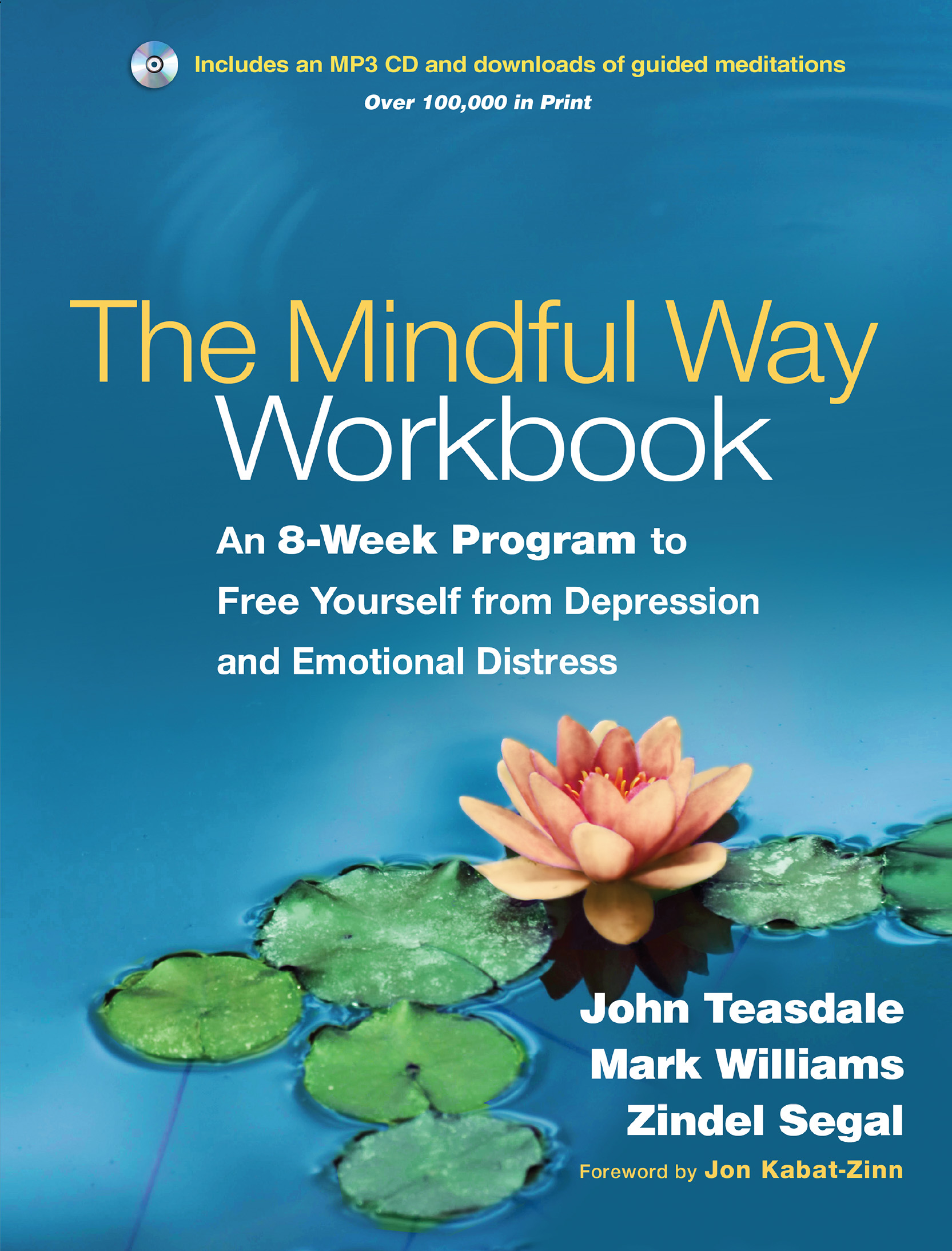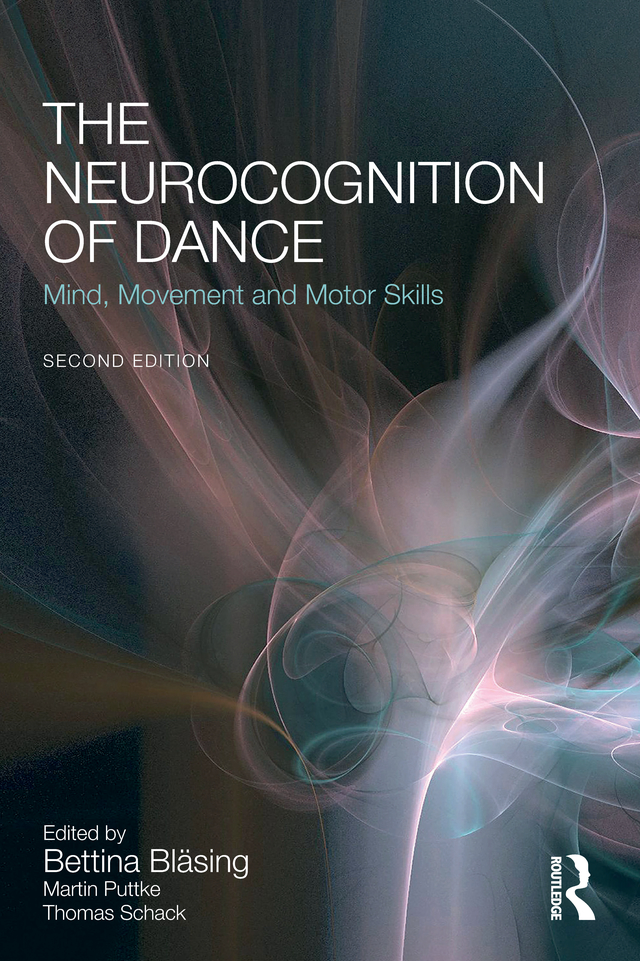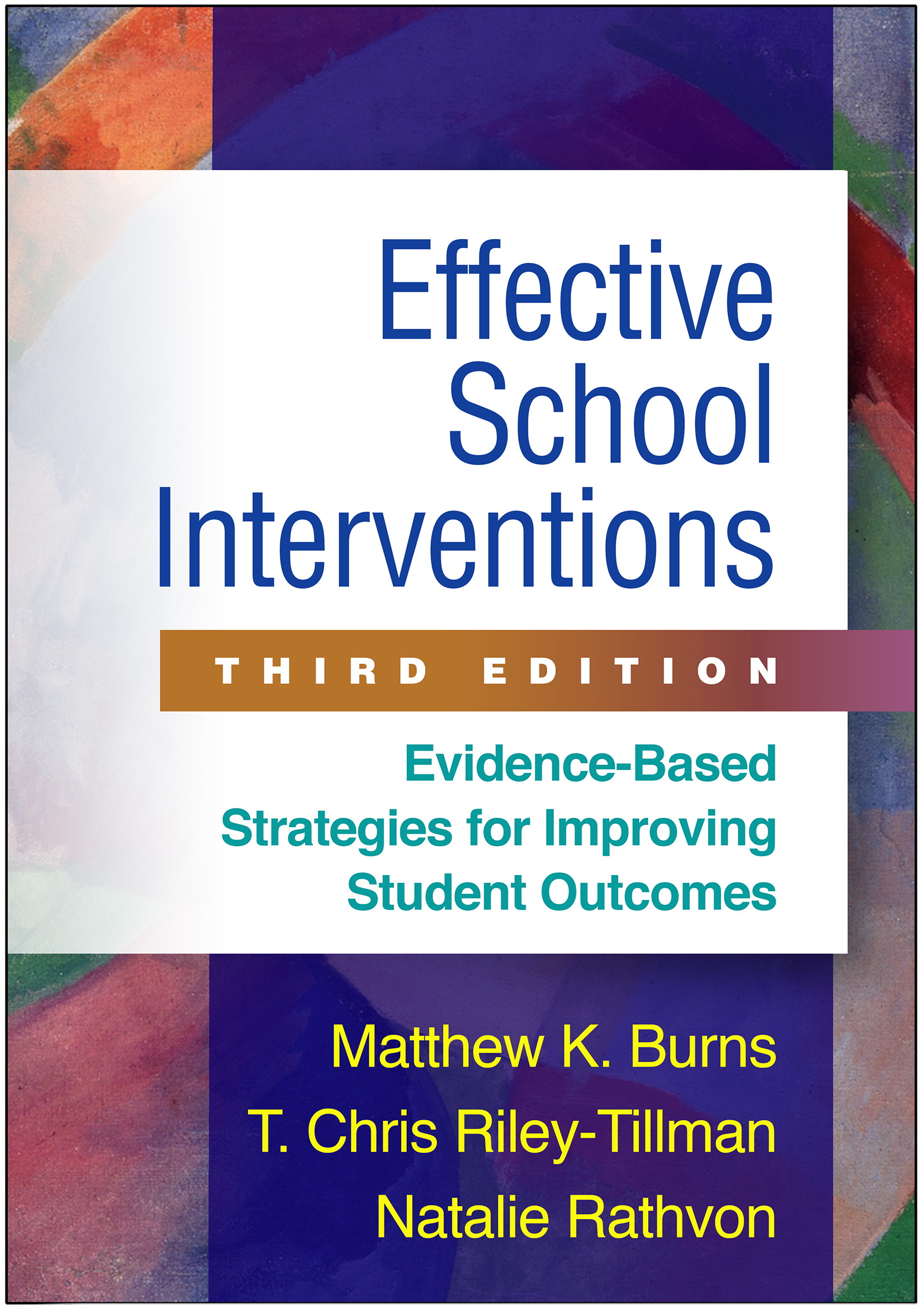Zen Meditation in Psychotherapy
by C. Alexander Simpkins
2020-05-11 20:28:35
Zen Meditation in Psychotherapy
by C. Alexander Simpkins
2020-05-11 20:28:35
"The world and all that is in it expresses reality. Every therapy session, each moment in your life, is a koan to be solved, an opportunity to learn about your deeper being. How you respond is your choice. You always have the option to respond with y...
Read more
"The world and all that is in it expresses reality. Every therapy session, each moment in your life, is a koan to be solved, an opportunity to learn about your deeper being. How you respond is your choice. You always have the option to respond with your most enlightened nature." âfrom Zen Meditation in Psychotherapy A thoughtful and pragmatic guide for integrating Zen meditation into traditional psychotherapy Grounded in both neuroscientific and clinical evidence that supports the use of Zen meditation to improve clients' mental health, this inspiring "how-to" guide encourages creative use of its techniques to suit your personal therapeutic style as well as your clients' needs. Zen Meditation in Psychotherapy provides you with methods that can be seamlessly integrated into ongoing treatments for a broad range of psychological problems, as well as with ways to enhance your own life, both professionally and personally. It covers: General protocol for integrating meditation into treatments at every phase Applying meditation for problems such as depression, anger, addiction, and weight management Meditative ways to reduce anxiety, stress, and burnout Meditative training to enhance therapeutic sensitivities Filled with vivid case examples and writings from traditional texts, modern interpretations, meditation research, and illustrative legends, Zen Meditation in Psychotherapy encourages a therapeutic process in which clients move their attention from outside concerns to inner mindfulness. With a range of techniques that embrace the diversity and uniqueness of clients, this book offers methods and tools for seeing feelings and problems directly and objectively, which can lead to a profound shift in perspective.
Less


